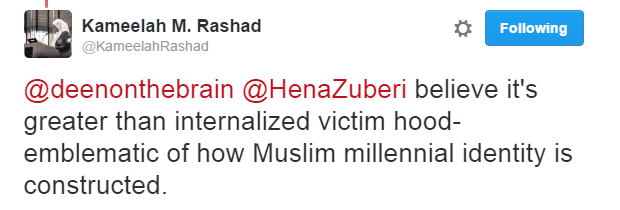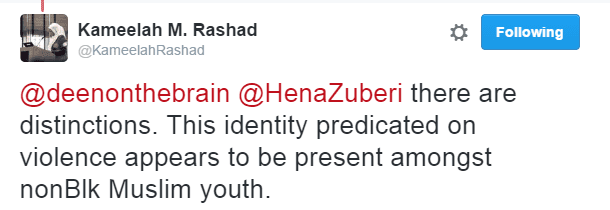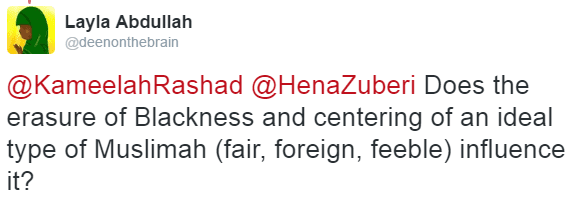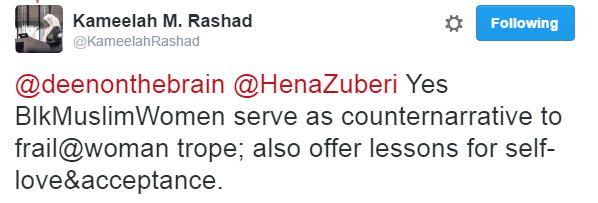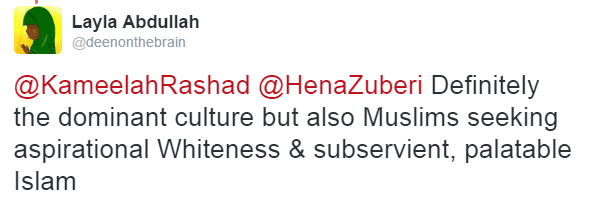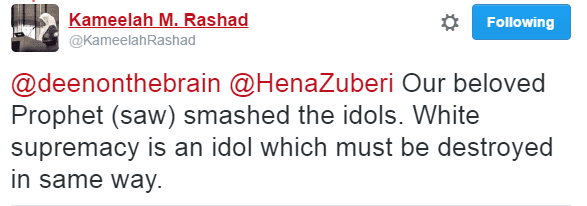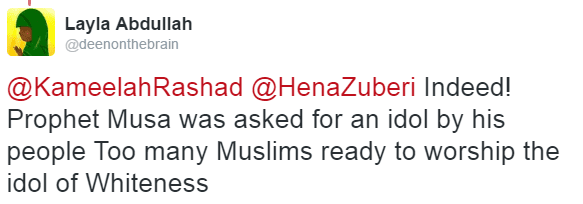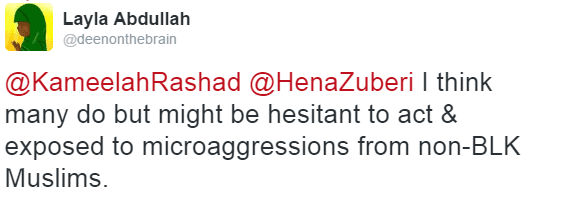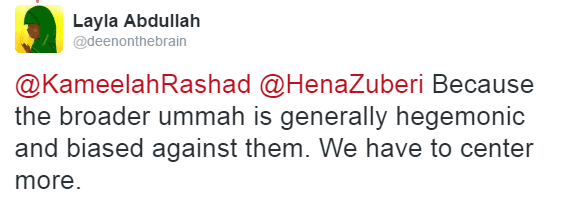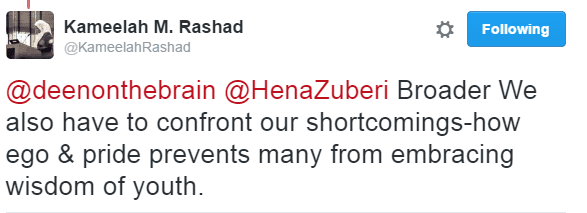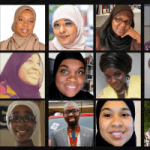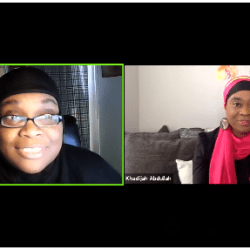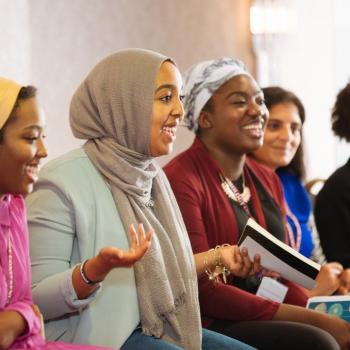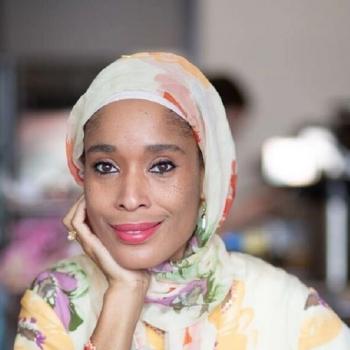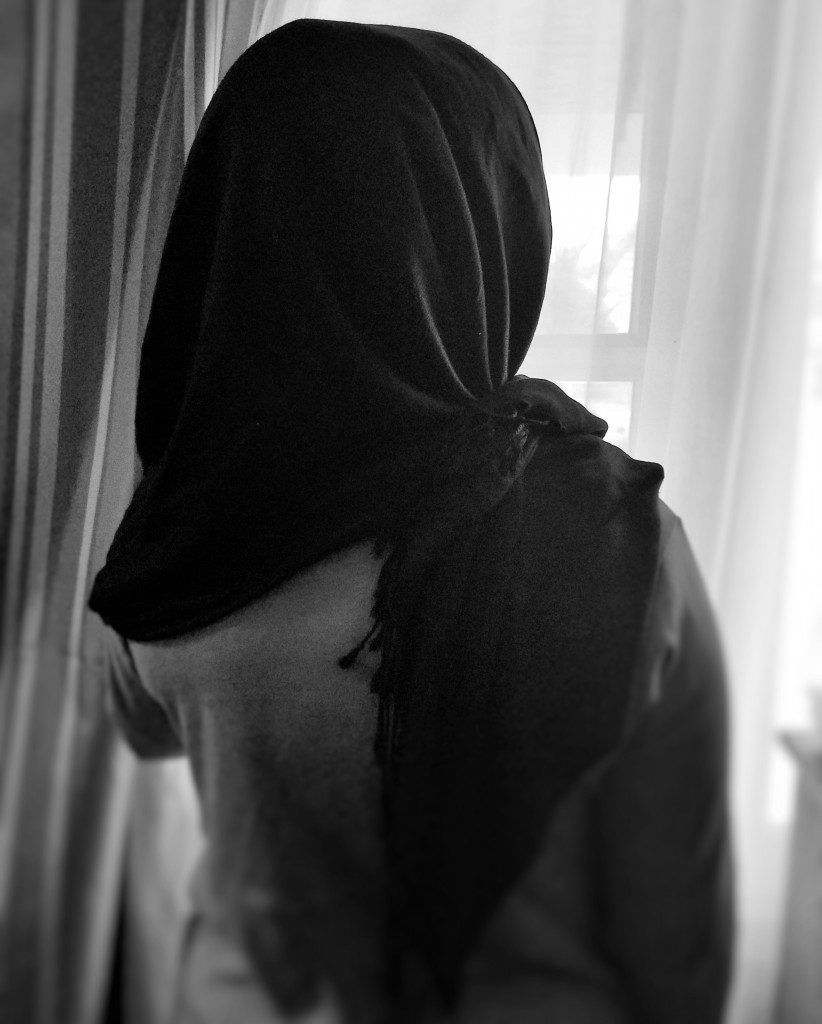 False claims of anti-Muslim attacks potentially shed skepticism on any report made by Muslims. The broader society is inclined to ignore issues of racism, xenophobia, and gendered violence, all of which serve as catalysts for such attacks. Instead, there is a demand to have Muslims, especially Muslim women, provide a steady stream of incidents to feed a national preoccupation that portrays them as defenseless.
False claims of anti-Muslim attacks potentially shed skepticism on any report made by Muslims. The broader society is inclined to ignore issues of racism, xenophobia, and gendered violence, all of which serve as catalysts for such attacks. Instead, there is a demand to have Muslims, especially Muslim women, provide a steady stream of incidents to feed a national preoccupation that portrays them as defenseless.
Police recently discovered that a young Muslim college student lied that she was harassed on a subway by male Trump supporters. The student’s false report and others like it are not only a waste of valuable police effort; they generate problems within American Muslim culture.
In a recent Twitter chat started by Muslim Matters editor-in-chief, Hena Zuberi, Muslim Wellness Foundation founder and UPenn Fellow for Spirituality, Wellness & Social Justice Kameelah Mu’Min Rashad and Layla Abdullah-Poulos highlight how filing false attack reports by some American Muslims demonstrate a bigger identity crisis stemming from the need to satisfy the country’s fetishist narrative that categorizes Muslims as perpetually weak and conflates it to their humanity. Rashad and Abdullah-Poulos’ discussion also begins to address the role that Black Muslims can serve in presenting stronger social perspectives, empowering youth, and preparing them for the future.
@DilshadDAli mentioned it is important to teach youth that victimization is not a rite of passage. Real targets experience psychological traumas. It’s not a game or a tool for attention.@KameelahRashad has expertise on this matter. She does great work in psychology.
Reporters eagerly ask for accounts of physical/verbal harassment; ignoring microaggressions as more prevalent such that physical assault/hate crime victim initiates into “authentic” American Muslim status. The “harassed hijabi” elicits outpouring of concern & support; likes, retweets, shares, more followers.
Youth are asked “have u ever been attacked because of your religion?” what is implied in this line of questioning? Media feeds victim validation; stories of the “harassed hijabi” (read damsel in distress) are click bait. Youth (esp) are tuned to these social media metrics of worth & take notice. The implication is overt violence is only way to “prove” islamophobia exists & impacts ones life. This is ridiculous.
Black Muslims are uniquely positioned to model for Non-Black Muslims necessity of resistance; its not an option. Black Muslim youth cope w/ubiquitous threat of racism/racial violence, being Muslim adds another dimension, yes; but there’s typically awareness of oppressive elements as structural, not simply interpersonal. Most Blk folks don’t need a burning cross to provide evidence that racism is insidious & corrosive.
Black people have been immersed in the empire & still resist; while others seek acceptance & approval. A victimized community is easily controlled, predictable; an empowered/educated community is powerful. Imagine if youth learned about enslaved Muslim Bilali Muhammad of Sapelo Island who continued to pray to the East? Imagine if Muslim youth learned history of Bahia slave rebellion, Muslim uprising in Brazil in 1835? Who stands to lose if American Muslims(youth) view themselves as powerful & unapologetically rooted in this soil?
Before they can act, we the elders must provide guidance, affirmation & support.
How will youth gain experience being centered if *we* don’t offer Black Muslim spaces for them to experience that?
There is a definite need for Muslim educators, mental health professionals, and community leaders to create spaces to discuss and address the Muslim youth identity and generate services affording opportunities to develop positive Islamic identities enabling them to resist the broader society’s framing them as weak and become strong leaders to progress the ummah forward.
Kameelah M. Rashad graciously agreed to talk further on an NbA Muslims online discussion. Be on the lookout for more information.
Note: Quoted tweets were edited for grammar without changing their meaning.



